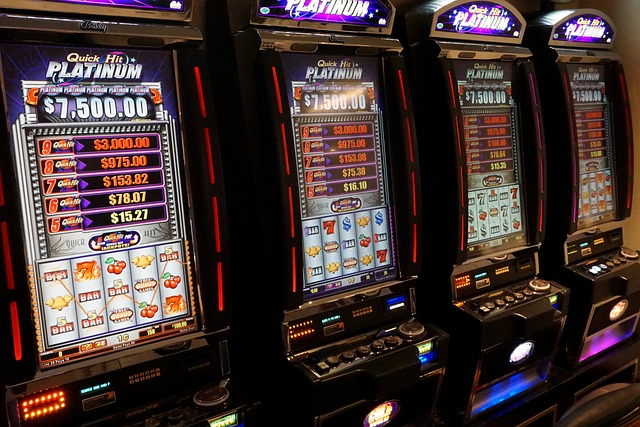Traditional slot machines are purely chance-based, relying on random number generators (RNGs) to determine outcomes. Players have no influence beyond choosing their bet size and pressing “spin.” Skill-based slots, however, are introducing elements of player control, combining gaming mechanics with chance to create a hybrid experience.
The rise of skill-based slots reflects a broader shift in the industry toward engaging younger audiences familiar with video games. By incorporating elements such as timing, reflexes, or puzzle-solving, these machines offer players the perception that their actions can impact results. This change challenges the conventional understanding of slots as games of pure luck.
What Makes a Slot “Skill-Based”?

A skill-based slot is structured to give players a degree of influence over the outcome. Unlike traditional slots, where every spin is independent of player input, these games include mini-games, challenges, or interactive features.
Skill elements can range from simple timing-based actions to more complex puzzle-solving mechanics. Despite this, most skill-based slots still integrate RNGs to determine the ultimate payout. The skill component usually affects bonus rounds or multipliers rather than the base payout, balancing fairness with engagement.
Examples of Skill Mechanics
Some machines require players to stop reels at precise moments or match symbols in a mini-game. Others incorporate target-shooting or memory-based challenges that can increase the payout multiplier. While skill impacts the outcome, luck remains the dominant factor.
Casinos use these mechanics to attract a new demographic. Players accustomed to video games feel more involved, potentially spending longer sessions on machines they perceive as “interactive.” This shifts the dynamic from passive spinning to active engagement.
Implications for the Industry
Skill-based slots blur the line between gambling and gaming, creating regulatory and operational challenges. In some jurisdictions, payouts are still determined by RNG, ensuring legal compliance, while in others, skill outcomes may be more heavily weighted.
For operators, skill-based slots provide marketing advantages. They appeal to younger, tech-savvy players and can increase dwell time on the floor. At the same time, they require more complex maintenance, software updates, and player education compared to traditional slots.
Potential Benefits and Drawbacks

Skill-based slots can make gambling more appealing and socially acceptable for certain audiences. They also allow casinos to diversify their offerings beyond standard RNG machines.
However, there are potential downsides. New players may overestimate their control, leading to faster losses. Moreover, experienced gamers might focus solely on skill-based strategies, overlooking traditional odds management. Casinos must balance engagement with responsible gaming safeguards.
Quick Checklist for Players:
- Understand which part of the game is skill-based versus luck-based.
- Avoid assuming skill guarantees profit; RNG still dominates payouts.
- Set session limits, as interactive elements can increase immersion and time spent.
| Feature | Traditional Slots | Skill-Based Slots |
|---|---|---|
| Payout Determination | RNG only | RNG + Skill |
| Player Involvement | Minimal | Interactive |
| Target Audience | General | Younger/Video Game Players |
| Bonus Engagement | Random | Skill-Influenced |
| Session Duration | Variable | Often longer |
Skill-based slots are reshaping player experiences and marketing strategies but have not fundamentally altered the mathematics of casino profitability. They add interactivity and engagement while still relying on chance, making them a hybrid between gaming and gambling.
